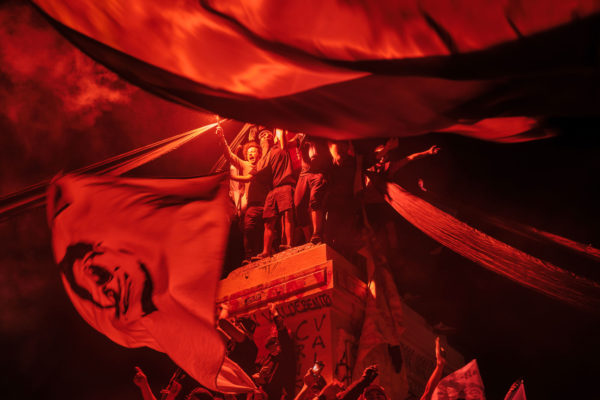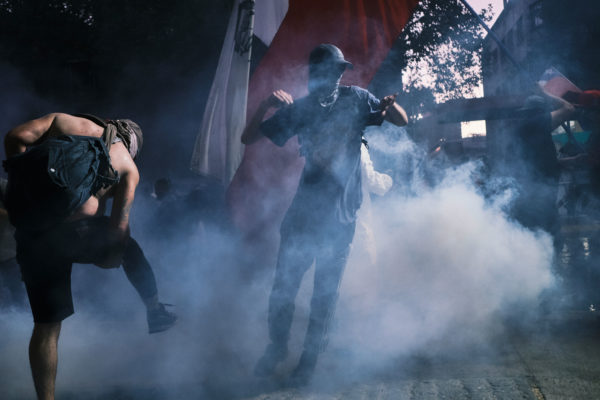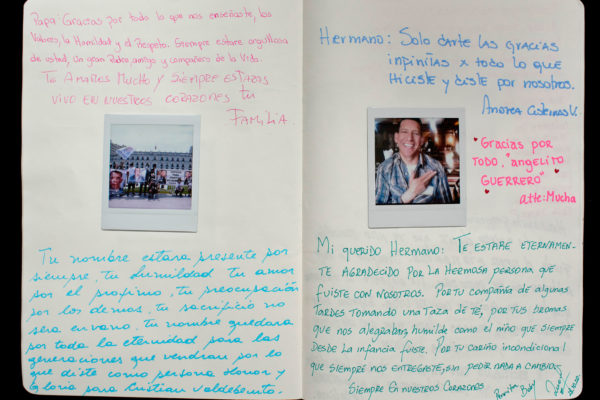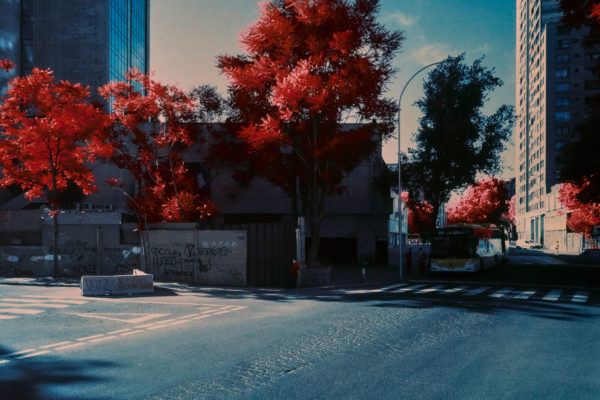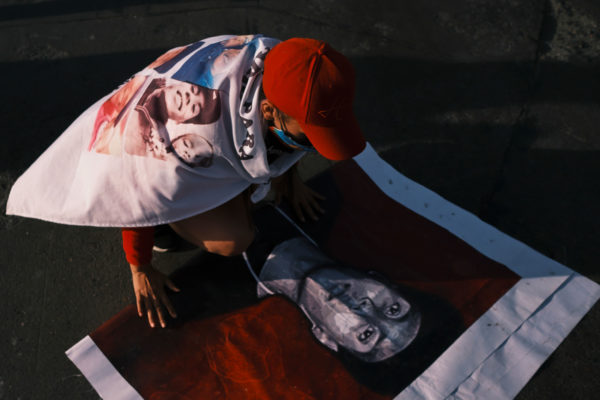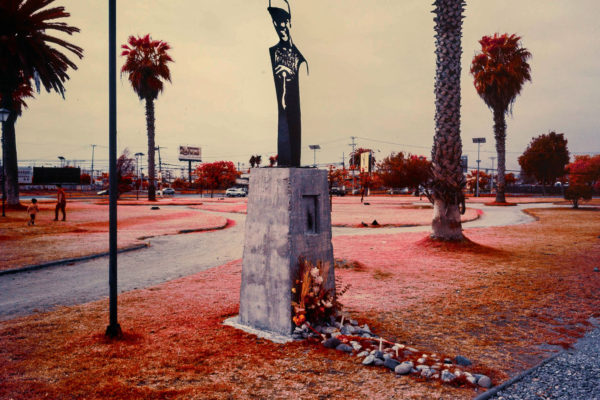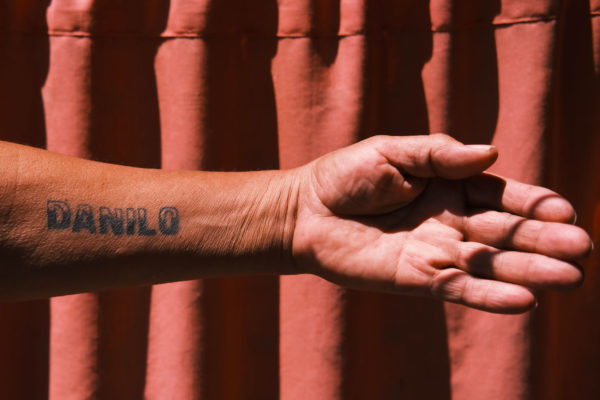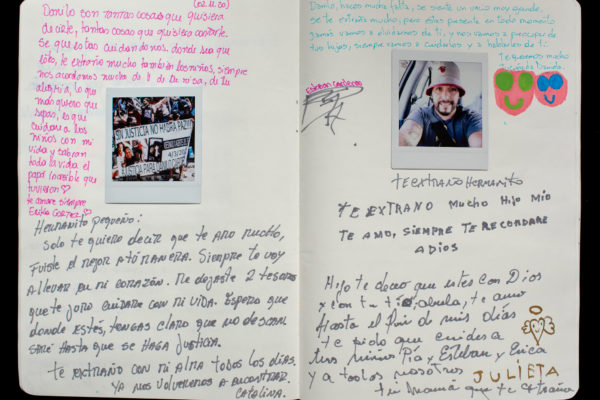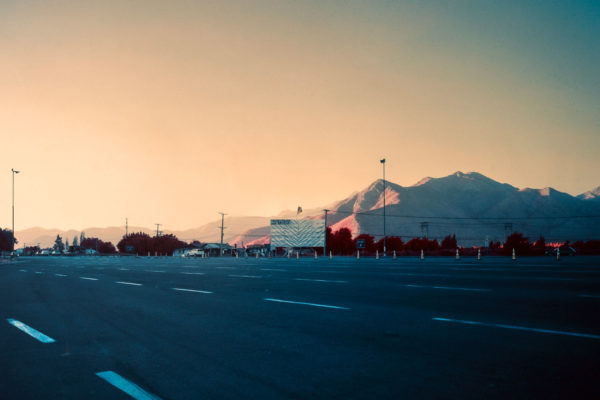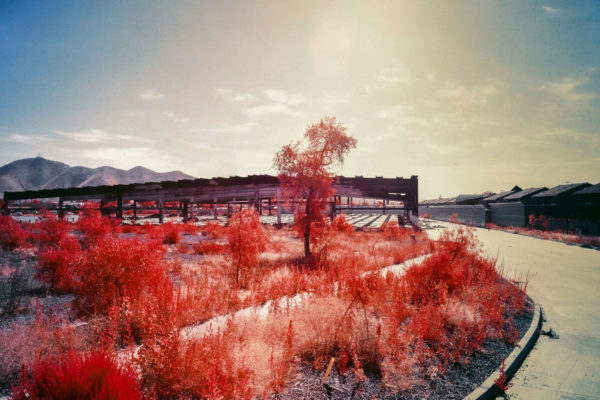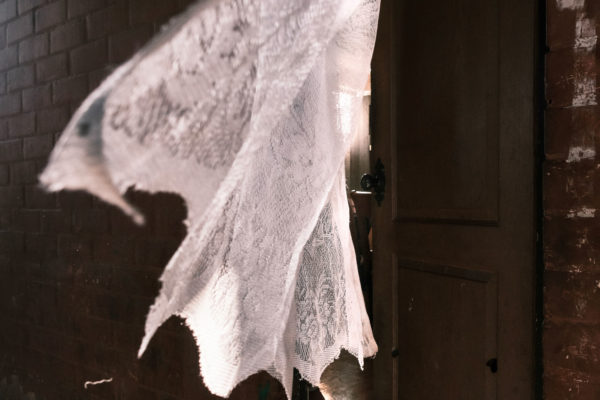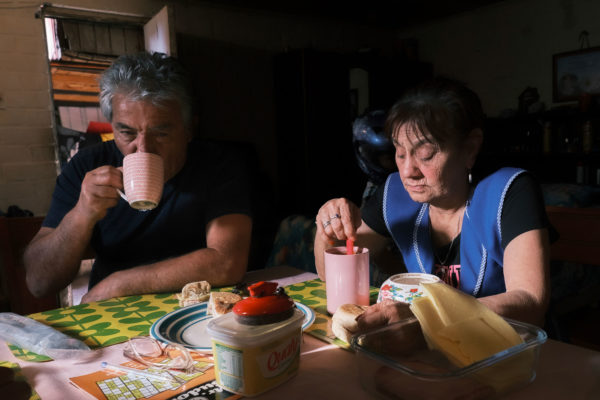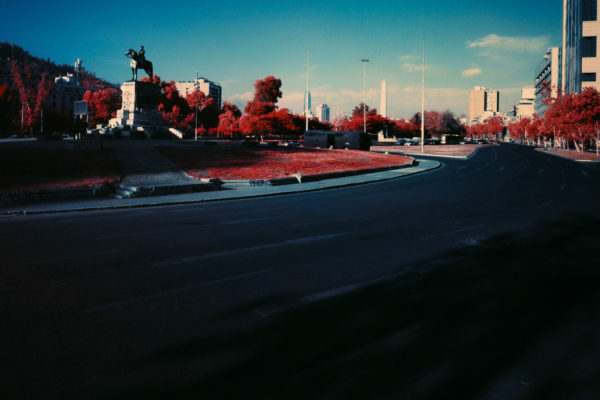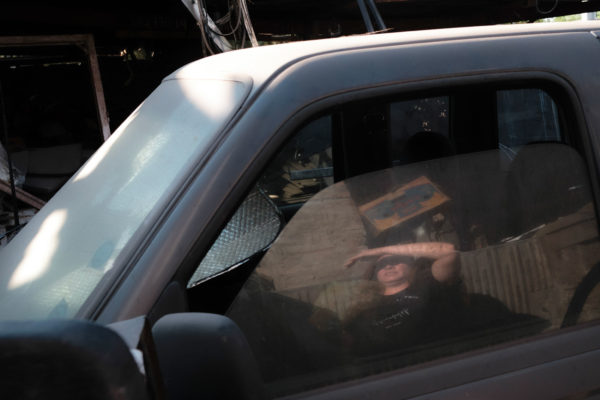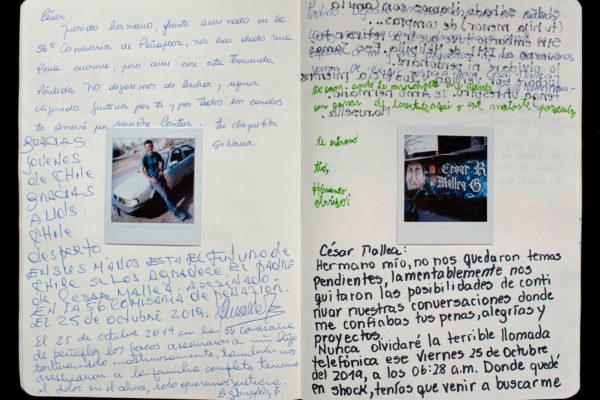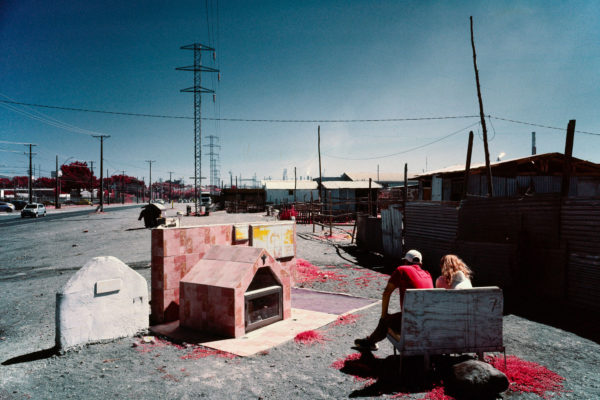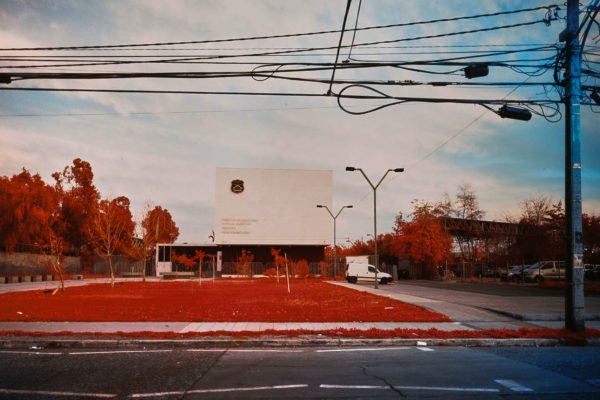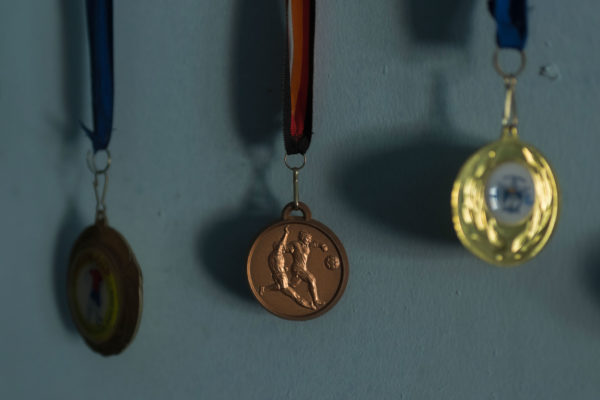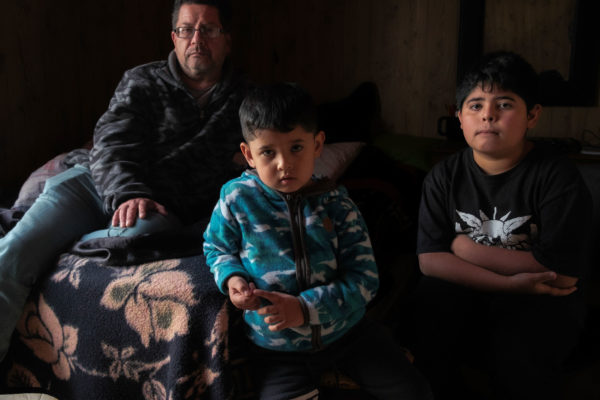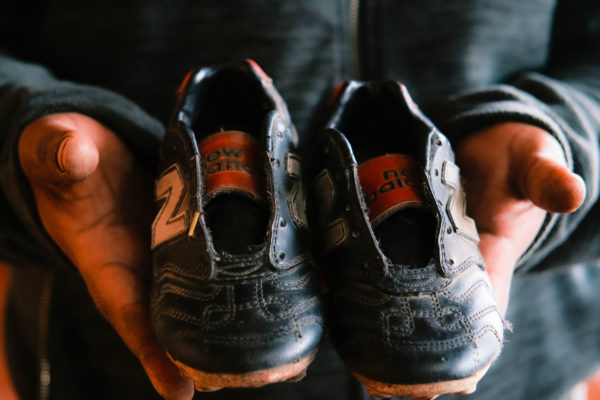Abstract of the accomplished photographic work
Paisaje Invisible examines the aftermath of Chile’s 2019 social uprising on compiled testimonies and personal archives from the families of those who lost their lives during the protests, seeking to reconstruct the lost memory of these victims.
Álvarez’s method involves immersive collaboration with the families of dead protesters, asking them to guide him on what to represent: focusing on personal mementos or memories that hold meaning for them, alongside the documentation of the exact places where these tragedies took place. Once sites of banal meaning, now these urban landscapes carry subtle marks of absence, loss, and resilience, silently bearing witness to an ongoing nation’s call for healing, justice, and equality.
Camila Osorio, journalist.
Description of the project you intend to pursue through the Prize
The project began in 2020 with a brief publication by the Aperture Foundation and a panel discussion, but it has not yet been exhibited in Chile.
With support from the Gabriele Basilico Award, it will expand to document over 38 tragedy sites, interview 15 more family members, and refine content through three field trips across Chile. Institutions like Amnesty International Chile and CENFOTO will support the process, and the final work will be preserved by CENFOTO for publications, education, and exhibitions. A show is planned at Chile’s Museum of Memory & Human Rights, curated by Montserrat Rojas Corradi.
The book, edited by Ediciones Buen Lugar, will be a low-cost, 1,000-copy edition in A4 format with 140 gsm textured paper, offset color printing, and spiral or exposed Smythe sewn binding. It will resemble an archival folder, mixing photographs, press clippings, protest materials, and interview transcripts with a historical timeline.

